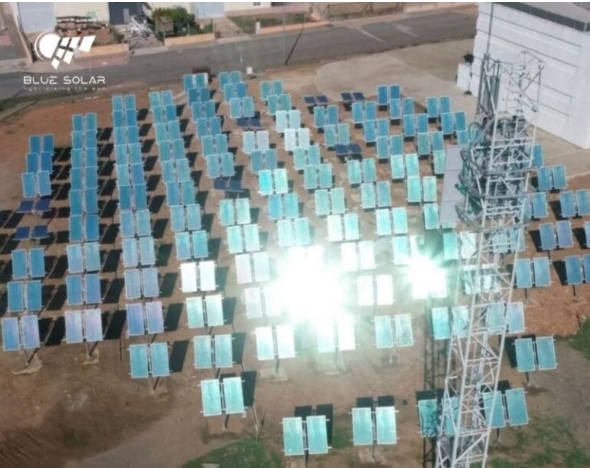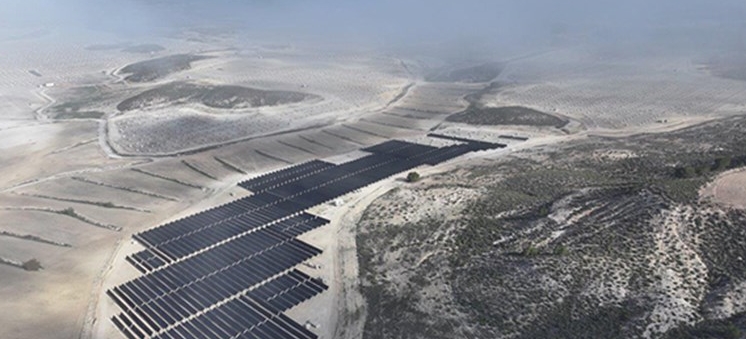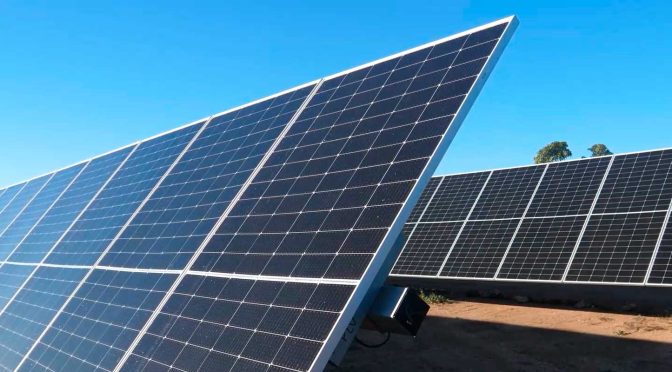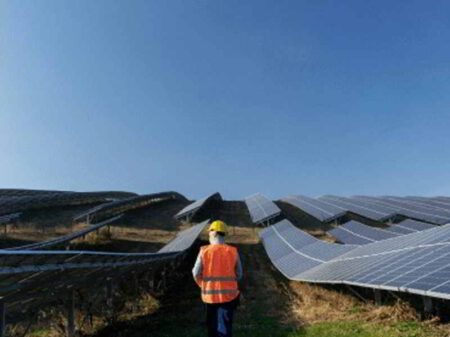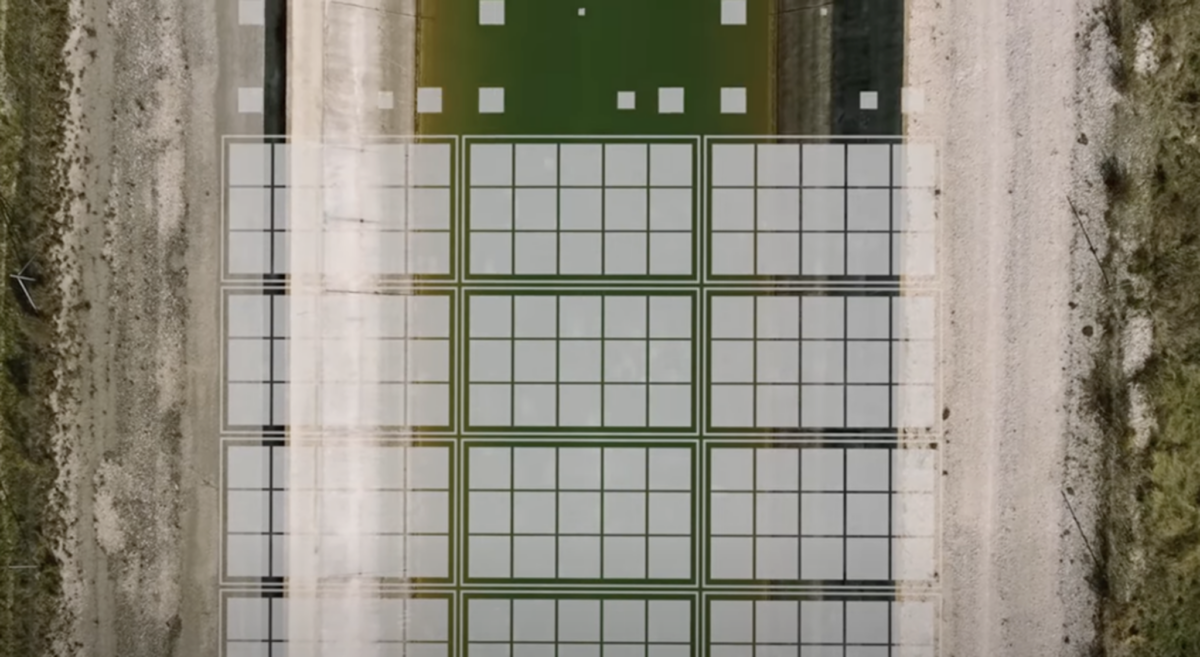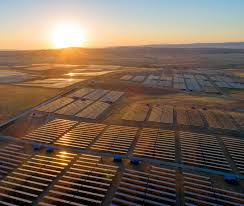Exxon Mobil and Egypt have signed two oil and gas exploration deals in the Eastern Mediterranean, the Egyptian Ministry of Petroleum said on Tuesday, weeks after Exxon said it had secured exploration acreage offshore Egypt.
The two exploration deals call for a total investment of at least US$332 million, according to a statement from Egypt’s petroleum ministry, carried by Reuters.
At the end of 2019, ExxonMobil said that it had acquired more than 1.7 million acres offshore Egypt, adding upstream interests to its downstream business in the country.
Exxon bought the 1.2-million-acre North Marakia Offshore block, five miles offshore Egypt’s northern coast and 543,000 acres in the North East El Amriya Offshore block in the Nile Delta. ExxonMobil, which will be the operator of both blocks with 100-percent interest, plans to start exploration operations this year.
“These awards strengthen our exploration portfolio in the Eastern Mediterranean,” Mike Cousins, senior vice president of exploration and new ventures at ExxonMobil, said in a statement at the end of December.
Last year, Exxon made a natural gas discovery at the Glaucus-1 well in a block offshore Cyprus.
Offshore Egypt, the discovery of the giant Zohr gas field in 2015 has sparked interest in more exploration in the Mediterranean.
Exxon’s foray into Egypt’s upstream comes at a time of heightened tensions in the Eastern Mediterranean, where Turkey, Greece, and Cyprus are at odds over Turkey’s claim to natural gas resources recently discovered offshore Cyprus.
Turkey will continue exploring for oil and gas in the eastern Mediterranean waters around disputed Cyprus, and “No project can be realised if Turkey and the Turkish Republic of Northern Cyprus are not involved,” Turkey’s President Recep Tayyip Erdo?an said in August last year.
Since then, Ankara has been moving forward with its drilling plans despite criticism from not just Cyprus but also Greece and the European Union. Earlier this month, the EU warned Turkey to reconsider its drilling plans after Erdogan said drilling would start “as soon as possible.” The EU also called these exploration plans illegal.
